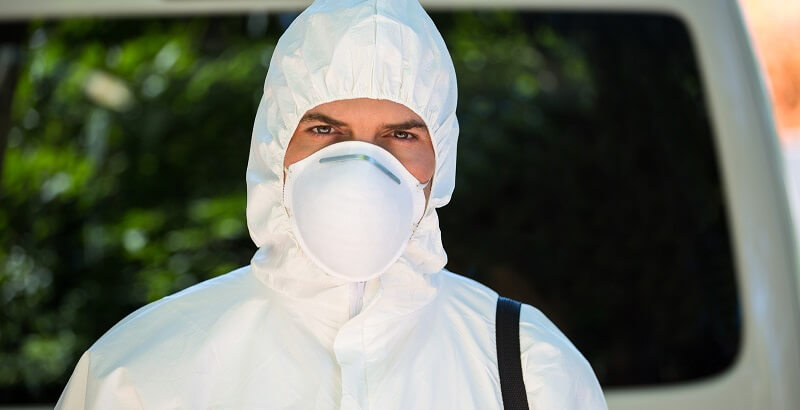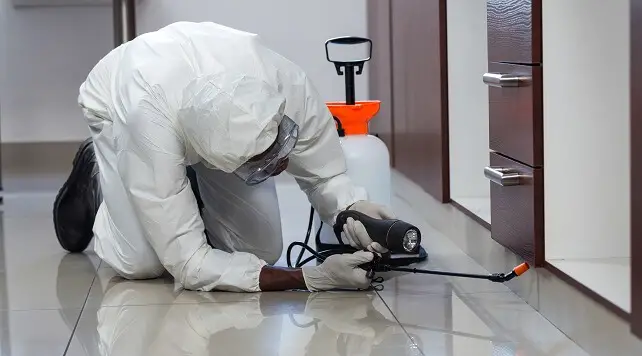Professional Bug Spray vs Store Bought

In the eternal battle against bugs, we are always in search of the best weapon. This often leads homeowners to the inevitable question: should they invest in a professional bug spray or opt for store-bought varieties? In this article, we break down the pros and cons of each, helping you make an informed decision for your needs.
Composition & Strength
- Professional Bug Spray: Professional-grade insecticides often have a more potent blend of chemicals designed to deal with severe infestations. Licensed pest control experts typically use these. They are specially formulated to tackle various pests, from roaches and bed bugs to ants and termites.
- Store Bought: Over-the-counter sprays are generally formulated for a broader audience and are less concentrated. This makes them safer for homeowner use. While they may deal with common household pests, they might be less effective against larger infestations or more resilient pests.
Environmental Impact
- Professional Bug Spray: These potent solutions, if misused, can pose risks to humans, pets, and the environment. This is one reason why their application is usually left to trained professionals who know how to safely handle, store, and dispose of these chemicals.
- Store Bought: Being less concentrated, store-bought sprays are generally safer for DIY applications. Many brands now offer eco-friendly and pet-safe options, reducing potential harm to the environment and non-target species. However, reading labels carefully and following the recommended precautions is essential.

Cost
- Professional Bug Spray: Hiring professionals can be more costly upfront. This includes both the service fee and the cost of the chemicals. However, in cases of severe infestations, this might be a more economical choice in the long run, as they can effectively eradicate pests in fewer applications.
- Store Bought: These sprays are undoubtedly cheaper initially. For mild infestations or preventative measures, a store-bought spray might be all that’s needed. But repeated applications can add up to more stubborn pests or larger infestations, potentially surpassing the cost of a professional treatment.
Duration & Effectiveness
- Professional Bug Spray: Due to their strength and targeted nature, professional sprays tend to offer longer-lasting protection against pests. They might also come with guarantees or follow-up services if the problem persists.
- Store Bought: While some high-quality store-bought sprays can be effective, they require more frequent applications. Their residual effect might not be as prolonged as professional-grade solutions.
Application & Expertise
- Professional Bug Spray: Pest control experts have the training to identify the type, source, and extent of an infestation. They can choose and apply the right chemical solution in the correct manner, ensuring maximum effectiveness while minimizing risks.
- Store Bought: DIY application means you must identify the pest, choose the right product, and apply it correctly – all tasks requiring a fair amount of knowledge. Incorrect application might lead to reduced efficacy and even potential harm.
Range of Pests
- Professional Bug Spray: Professionals often have a range of chemicals tailored for different pests. Whether it’s termites burrowing through your wood or bed bugs making your nights miserable, they have a targeted solution.
- Store Bought: While specific sprays for different pests are available at stores, the range might not be as extensive. This can mean compromising on effectiveness if you’re dealing with less common pests.
Conclusion
Choosing between professional bug sprays and store-bought options depends largely on the specific situation. Investing in professional services might be the wiser choice if you’re dealing with a severe infestation or a persistent pest problem. They bring expertise, potent solutions, and peace of mind.
However, a store-bought spray might suffice for more minor, manageable infestations or preventive measures. It’s essential to weigh the costs, effectiveness, and potential risks before deciding. In any case, the safety of the household and the environment should always be a top priority.